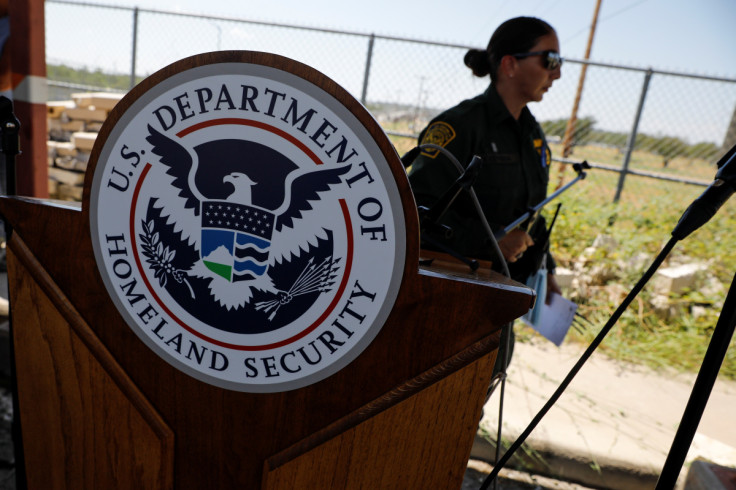
Florida is the state with the highest number of immigrants protected from deportation in the U.S., according to a newly published report from the Department of Homeland Security.
The protected migrants are part of the Temporary Protected Status (TPS), designated by the DHS, which allows people whose countries are experiencing devastation from natural disasters and conflict to stay in the U.S. Recipients must have already been in the U.S. before a certain date to qualify.
There were about 295,720 TPS beneficiaries in Florida as of March 31 of this year, according to the report. That's more than a third of the 863,880 nationwide total.
Right behind Florida, the next largest populations of TPS holders live in Texas (93,680), New York (67,840), and California (67,800).
The number of migrants receiving TPS in Florida has more than quadrupled in the past three years, up from about 65,000 in April 2021. The report suggests that almost all beneficiaries in Florida are from Venezuela and Haiti, while over half of all recipients nationwide also come from these two countries.
Temporary Protected Status does not provide a permanent legal pathway to stay in the U.S., and its renewals largely depend on the current administration. For instance, former President Donald Trump moved to end the program for several countries, including Nicaragua, Honduras, and El Salvador, which the Biden administration later reversed, according to the Miami Herald.
Currently, residents from five countries in Latin America are eligible for the TPS program: El Salvador, Haiti, Honduras, Nicaragua and Venezuela. Other countries around the world include Ukraine, Afghanistan and Yemen.
The report comes as nearly 300,000 Haitians were recently made eligible to the program in late June due to an extension of the program because of the nation's turmoil.
That expansion will apply to Haitians who were in the United States on June 3 and will last until Feb. 3, 2026. The DHS also extended the states to an estimated 200,000 Haitians who already had it.
"Several regions in Haiti continue to face violence or insecurity, and many have limited access to safety, health care, food, and water," Homeland Security said in a press release. "Haiti is particularly prone to flooding and mudslides, and often experiences significant damage due to storms, flooding, and earthquakes. These overlapping humanitarian challenges have resulted in ongoing urgent humanitarian needs."
The Biden administration has also used their executive authority to bring about other programs to protect migrants, including a parole program for Cubans, Haitians, Venezuelan and Nicaraguans to live and work in the U.S. for two years, the Miami Herald reports.
© 2024 Latin Times. All rights reserved. Do not reproduce without permission.







